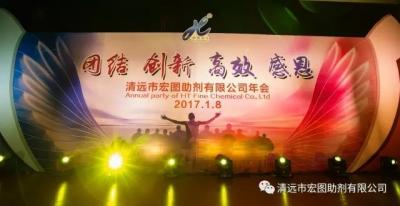In the intricate world of textile manufacturing, where innovation is the key to progress, a silent revolution is underway. Enzymatic desizing, once confined to the sidelines, is now emerging as a game-changer, not just in terms of efficiency but in redefining the very essence of fabric softness and quality.
Unveiling the Enzymatic Desizing Revolution
Traditionally, the desizing process in textile manufacturing involved harsh chemicals and intricate procedures to remove the sizing agents that lend stiffness to fabrics. Enter enzymatic desizing—a method that leverages the power of natural enzymes to break down starches and other sizing agents. This approach not only simplifies the desizing process but introduces a level of finesse that transforms the fabric itself.
The Science Behind the Softness
At the heart of enzymatic desizing lies the meticulous interaction between enzymes and sizing agents. Unlike traditional methods that often strip away natural softness along with the sizing, enzymatic desizing selectively targets the unwanted agents, leaving the inherent softness of the fabric intact.
The enzymes act as molecular scissors, precisely cutting through the starch molecules, making the fabric softer without compromising its structural integrity. This newfound softness isn't just a surface-level improvement but permeates the entire textile, offering a luxurious feel that resonates with consumers seeking comfort without sacrificing quality.
Quality Redefined: Durability and Sustainability
Fabric softness is only part of the story. Enzymatic desizing goes beyond aesthetics, influencing the overall quality of textiles. The process is more gentle on fibers, preserving their strength and durability. Fabrics treated with enzymatic desizing often exhibit enhanced longevity, resisting wear and tear better than their conventionally processed counterparts.
Moreover, the shift towards enzymatic desizing aligns with the global push towards sustainability. The process is inherently eco-friendly, reducing the reliance on harsh chemicals that can harm both the environment and the workers involved in textile production. As consumers become more conscious of the environmental impact of their choices, textiles processed with enzymatic desizing gain a competitive edge in the market.
The Textile Liberation Experience
Picture this: slipping into a garment that not only looks fantastic but feels like a second skin. That's the promise of enzymatic desizing—a textile liberation experience that transcends the conventional boundaries of fabric processing. The liberation isn't just for the wearer; it extends to the entire textile industry, breaking free from the limitations of outdated desizing methods.
In embracing enzymatic desizing, manufacturers open the door to a new era of textile production—one where fabric softness and quality are not compromised in the pursuit of efficiency. It's a paradigm shift that resonates with consumers seeking garments that not only meet their aesthetic standards but also align with their values of comfort and sustainability.
As we witness the transformative impact of enzymatic desizing on fabric softness and quality, it becomes clear that this is more than just a technical advancement—it's a soft touch of progress in the textile industry. The liberation of textiles from the constraints of traditional desizing methods is not only reshaping the way we produce fabrics but is also redefining the very essence of what it means to wear and enjoy them. Enzymatic desizing is not just a process; it's a revolution that touches the fabric of our lives.



 English
English  日本語
日本語  Español
Español  tiếng việt
tiếng việt  Türkçe
Türkçe  ไทย
ไทย  українська
українська  हिंदी
हिंदी  বাঙালি
বাঙালি  اردو
اردو 


